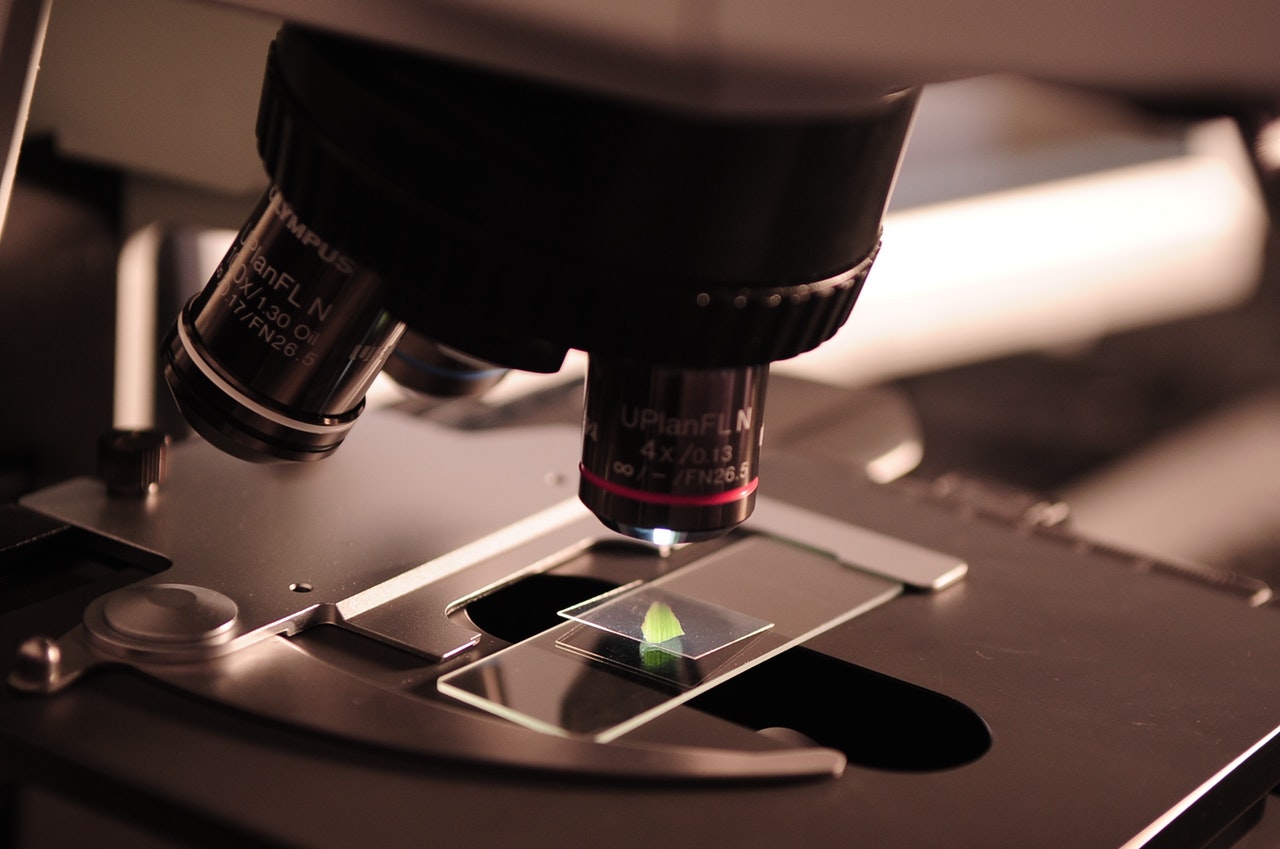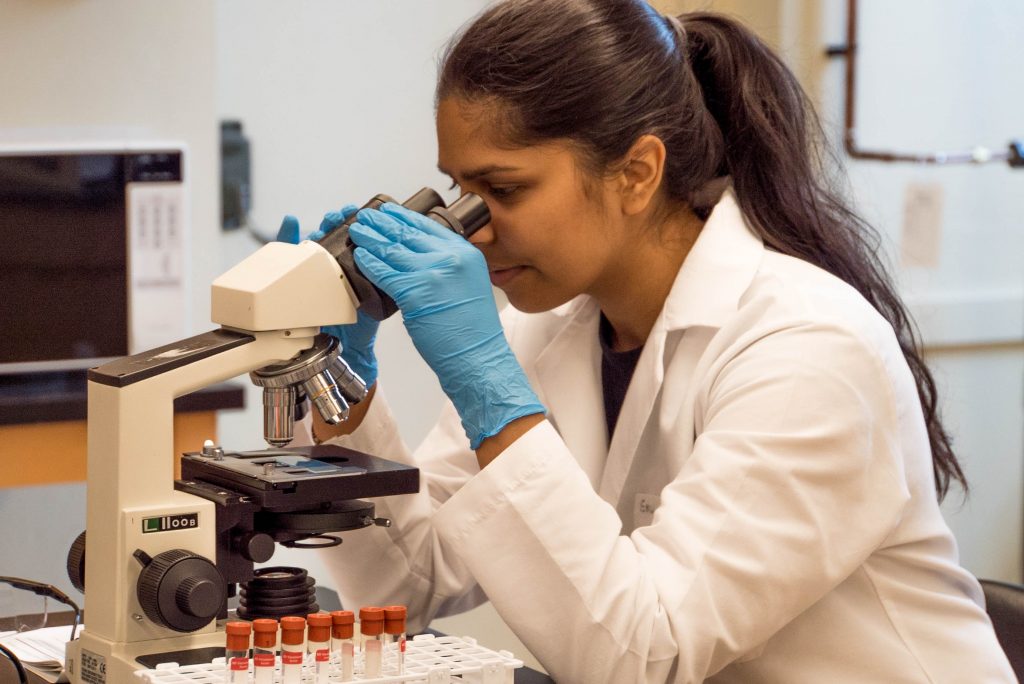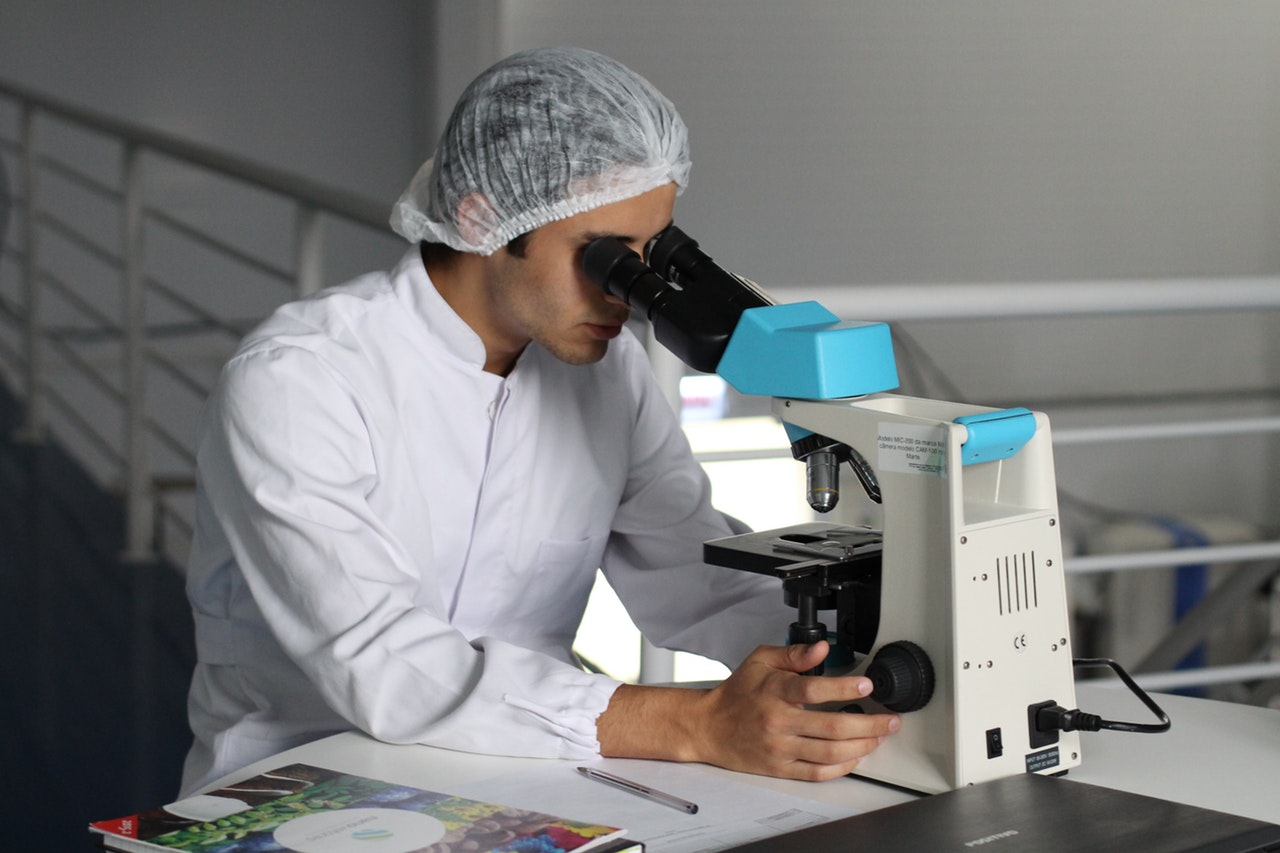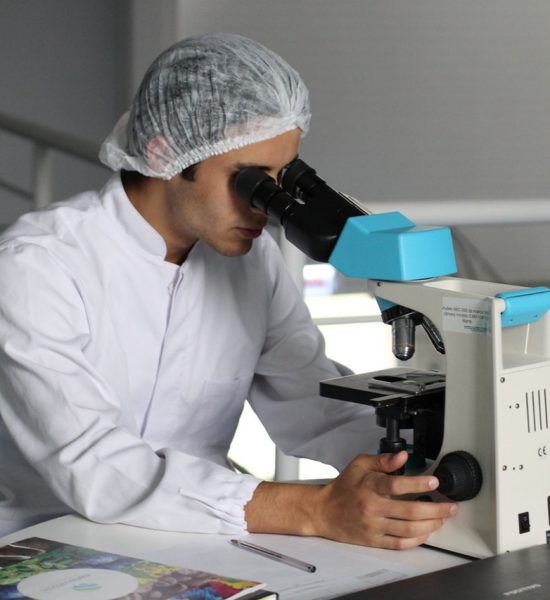A degree in Chemistry for years has been among the courses that provide graduates with countless opportunities and remains evergreen as it deals with matters affecting us directly through our health, the environment or food and drinks. However, before joining college it is important to find out a few career options you have and find out some important skills that will help you in achieving growth in your profession.
Let’s get right in.

How to Make Money with Chemistry Degree.
There are various ways to monetize your chemistry degree though your earnings are highly influenced by your level of education. Nonetheless one could always add to their level of education by enrolling for more certificate courses related to chemistry. Some of the best career paths to take for a chemistry graduate include:
- Chemistry Teacher
For one to be a licensed chemistry teacher, you will need to have a minimum of a bachelor’s degree in Chemistry. The degree allows you to acquire a temporary license while working towards an advanced degree.
After attaining your Bachelor’s degree you will need to get your teachers license by taking a test, to determine your eligibility in class. Some of the things you should expect to learn while on the path to becoming a chemistry teacher are, education psychology courses and lesson planning.
Some of your responsibilities include formulating the lesson plans, preparing quizzes and tests for the students, assigning homework, and offering one on one lessons to students where the need arises. You also need to follow the curriculum and ensure students do not miss out on the expected coursework.
- Toxicologist
To register for a course in chemistry and major in toxicology, one requires a bare minimum of 127 credits, with a huge focus on sciences and biomedical studies.
Once you have obtained your bachelor’s degree in chemistry, you need to specialize in toxicology in graduate school and work as a toxicology forensic. However, before embarking on work, one is expected to attain certification to help demonstrate your effectiveness and ability.
To stay on top of the field as a toxicologist it is also essential to constantly seek more knowledge, and a great way to achieve this is by joining postdoctoral training. The training will not only help in increasing your skills but provides better employment opportunities.
As a toxicologist, your main responsibilities include: collecting and conducting blood and tissues test, to determine the presence of alcohol or poison in the body. This skill is most useful in solving criminal cases. Additionally, a toxicologist is also responsible for finding out the safety of substances used in cosmetics, chemicals, and additives.
After attaining your postdoctoral training you are responsible for supervising the workers, managing the projects and formulating grant proposals.
The average salary to expect as a toxicologist is approximately $20.7 per hour. The salary is however dependent on factors such as experience and level of education.
- Quality Control Chemist
After attaining your bachelor’s degree in Chemist, you can work as a quality control chemist and as the name suggests, quality control officers are in charge of inspecting products to ensure they are what they say on the labels.
Some of the common duties to expect as a quality control chemist include, conducting tests on finished products as well as ingredients, document lab results and test products for long term stability under different conditions. In addition, one is also responsible for equipment set up and training. While an advanced degree allows you to take up supervisory roles.
- Analytical Chemist
By using advanced software and specific laboratory equipment, an analytical chemist is tasked with collecting chemicals and performing experiments to determine chemical compounds of substances while analyzing what substances are made of and how they react under different circumstances.
Other roles include identifying chemical-related challenges and threats and coming up with solutions, ensure reagents and solution preparation is according to SOPs, inspect laboratory equipment to ensure it is correctly calibrated, document and interpret lab results.
For managerial roles, it is necessary to have a Ph. D or several years’ experience in the field. Some of the roles in the managerial position as an analytical chemist include.
Communicating results to stakeholders and the public, delivering presentations, setting scientific benchmarks by assisting the team in presenting accurate and quality data. Additionally, one can also venture into research after attaining your Ph.D.
Analytical chemist’s most common fields are testing laboratories or pharmaceuticals. There is a growing need for private research in these fields making analytical chemists a lucrative career path.
- Synthetic Chemist
To stand out as a synthetic chemist after attaining your bachelor’s degree it is essential to work on developing your skills, through a great career path to take. Most employers prefer synthetic chemists with advanced education. However, before attaining your master’s or Ph.D., seeking internship opportunities could help develop your research skills as well as increase your effectiveness. Work closely under supervision after attaining your degree.
Some of the roles to expect as a synthetic chemist include, running lab tests on various chemical compounds and developing new materials for various functions.
A career as a synthetic chemist requires constant education and advancement in skills, for instance, A Ph.D. in chemistry equips the learner with extensive research skills improving the accuracy of the tests and development of both drugs and food and beverages.
- Pharmacologist
How would you feel about developing new and safe medicine and providing effective medical solutions to people across the globe?

If your passion lies in bringing that positive change through developing the healthcare industry, then a career as a pharmacologist is the path to take. To be a renowned pharmacologist it is important to have an eye for detail, to be organized but most importantly to be patient.
Pharmacologists, work closely with patients, by observing the human reaction to various medication. However, at the beginning of your career as a pharmacologist, it is advisable to seek research opportunities that will help sharpen your skills.
Though a great career path, pharmacologists with a doctorate degree have higher chances of attaining greater career milestones. Despite this, your career growth is also dependent on your employer as well as your input in a company.
Some of the responsibilities as a pharmacologist include, performing tests on how various drugs are broken down and how they interact with the human body, organizing, performing and tabulating medical trials.
Other areas you should expect to work in are crime laboratories, and pharmaceutical companies or in research labs.
- Hazardous Waste Chemist
Poor waste disposal can lead to dire medical conditions, thus the need for hazardous waste chemists, one is tasked with identifying pollutants on water air and soil, additionally, he or she is also responsible for formulating policies that help to reduce pollution and also ensure companies adhere to rules and regulations on proper waste disposal.
For better chances at employment as a hazardous waste chemist, focus on gaining knowledge and skills on geology or environmental chemistry. As a hazardous waste chemist, you should expect to work in government institutions, waste management companies, and chemical companies.
- Oceanographer
Oceanographers are mostly focused on research and can work in four subdivisions:
Chemical, in this category, researchers focus on performing studies to detect chemical components in the water, and the effects of the chemical pollutants.
Physical, this category focuses on exploring the water density, temperature, wave motion, current movements, and tides.
Geological, the oceanographer in this field studies the physical structure of the water bodies, and make-up of the ocean floor.
Biological, this field, on the other hand, entails the study of aquatic animals and plants.
Besides research and collection of data more responsibilities conducted by the oceanographer may include, preparation and inspection of work equipment in the lab or the sea, develop experiments, write their findings and publish their work for the public and scientists.
Potential workplaces include oil and gas extraction companies, coastal construction and teaching. It is also important to note that, temporary contracts are common in this line of work.
- Laboratory Technician
Laboratory technicians play a key part in ensuring proper laboratory procedures are followed. Lab technicians have a wide range of workplace choices and can work in various fields ranging from both medical and forensic research institutions, hospitals, food and beverage industries, water companies and learning institutions.
Lab technicians are tasked with inspecting, cleaning, servicing lab apparatus, he or she is also tasked with ensuring standard lab procedures are followed during experiments. Subsequently, the technician also communicates with the manager, collects samples, provides risk assessment reports and helps in recording findings.

Some important skills to uphold as a lab technician are, self-drive, independence and teamwork, the lab technician is expected to work with various people in an organization through both guiding and offering assistance.
- Environmental Consultant
A career as an environmental consultant gives you an opportunity to work in both government agencies as well as private companies allowing for different work experiences. However, to attain a successful career as an environmental consultant it is advisable to pursue a master’s degree. Though not a requirement, some employers prefer applicants at the master’s level.
A great way to get started after attaining your undergraduate is enrolling for various internship opportunities, internships offered to environment consultants undergraduates are focused at equipping you with the necessary project and research skills.
Some of the main responsibilities an intern is involved in include, conducting research, preparing and performing tests, preparing projects and proposals.
Workers with advanced education can collect and analyze data, work as field analysts, or offer consultation services, one can also work as a project manager or even a director.
Required Skills before Joining a Career in Chemistry
Besides the knowledge acquired in class, there is more to a career in chemistry thus before embarking on joining a degree in chemistry it is important to take a look at your interests, strengths as well as weaknesses. Find out your driving force and how well you can hone the skills required to make it in your desired career.
To help you get a better understanding, here are important skills required in any chemistry career.
Research skills, once you have settled on a career in chemistry it is essential to develop your research skills as it plays one of the largest parts in producing, accurate and relevant studies.
Work on developing your research skills from your undergraduate by work closely with experienced researchers in your field of interest. Do not be afraid to take up research tasks at graduate school or during your degree as this will help increase and sharpen your eye for detail.
Additionally, another way you can work on improving your research skills is by joining internship programs.
Analytical skills, after conducting your research and collecting your data. You are expected to tabulate, translate and present the data to the public or your employers. You need to develop strong analytical skills that will help you provide accurate answers and detect errors or problems in your research.
Analytical skills are also great in facilitating the growth of your career, it is through innovation and proper data analysis that you will discover and develop new ideas. Develop your analytical skills by paying attention to the smallest detail during your lab lessons, training with your seniors and practicing during personal studies.
Adaptability, for upward traction in your career, it is vital to develop this skill. Flexibility ensures you can easily adjust to a different environment. And with the increasing development in technology, changes in government rules, and policies, being adaptable to the various changes will help you perform better.
Interpersonal skills, the various career paths after attaining your degree in chemistry, are intertwined and closely work together to either provide health solutions or prevent health hazardous outcomes. Owing to this it is vital for one to have great interpersonal skills and be open to work closely with your colleges. For instance, a career in pharmacologist and toxicology through different are intertwined and works towards providing better medical solutions. By either detecting poisonous substances in the body or observing human reaction after ingestion of various drugs.
Working as a hazardous waste chemist on the other hand, you will need to work closely with an environmental consultant.
Developing interpersonal skills also helps to foster good working relationships with your colleagues promoting career growth.
Organizational skills, a career in chemistry requires you to have strong organizational skills. In most cases, your career requires you to conduct tests and find out whether there are harmful chemicals in beauty products, ingredients used in food and beverages and the development of medicines.
Owing to these, presenting poorly organized work may lead to a misunderstanding that may cause dire consequences, making it an important skill to acquire. Additionally, during your testing and research, you need to present your data and finding in an understandable format making it easily understood by the public and other stakeholders.
Be enthusiastic, for you to learn and discover new things, you need to be passionate about your work. Enthusiasm in your work does not apply to your performance in the lab or field tests only, but as a chemistry teacher as well.
Be meticulous, have an eye for detail, chemical reaction and compounds react differently when subjected to various environments. To take note of the various reaction it is important to be keen in your work.
Practice patience, if you are passionate about your career choice, then you will not mind waiting for that big break. For that great achievement in your work, you will need to put in extra time to learn, be on a continuous curve of learning and most importantly work on perfecting your skills. All these will take time thus necessary to have the patience and zeal to wait.
Other ways how to make money with chemistry degree include;
Great communication skills, numerical skills, problem-solving and time management.

How to Achieve Growth in a Chemistry Career
Advance your education, when it comes to a career in chemistry, a bachelor’s degree might limit you from achieving your full career potential. Work on both horizontal and vertical educational growth which increases your value, subsequently increasing your pay.
Join internship programs, internships programs are not only a great way to learn more skills but also helps to connect you with potential employers.
Join a science organization and attend science fairs, a successful chemistry career requires a constant refill of knowledge, joining science fairs is a fun yet great way to expand your knowledge.
Constantly update your CV, employers need to see your accomplishment. Showcase successful research project on your CV, this presents you as adequate and determined.
Finally, remember that your net worth is your network, do not forget to network more. Make use of social media platforms such as LinkedIn to connect with potential employers.
But most importantly, to achieve career growth always work on developing and improving your skills. Employers want to pay you for your input, so always work towards raising the bar and bringing ideas and solutions to the table.



